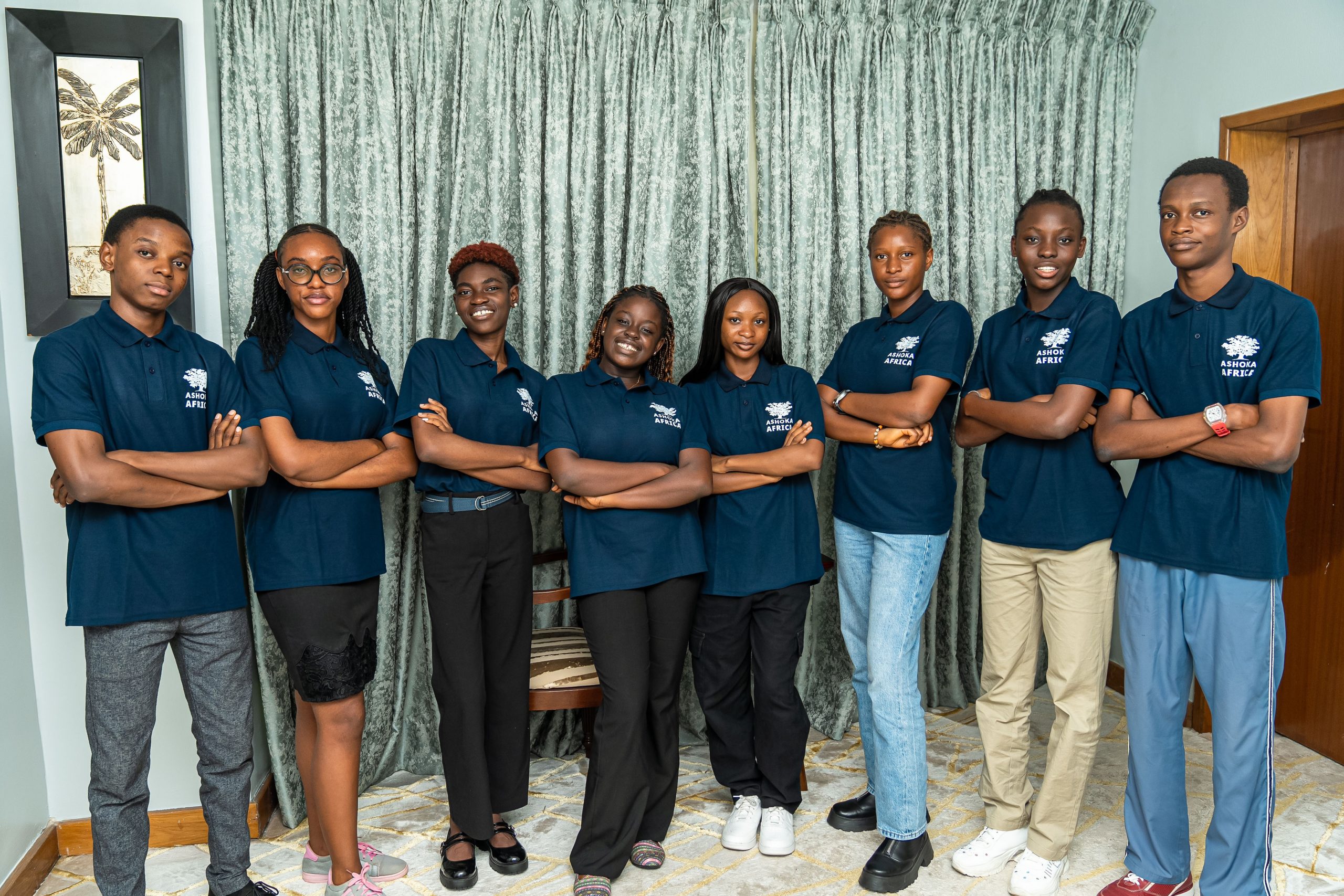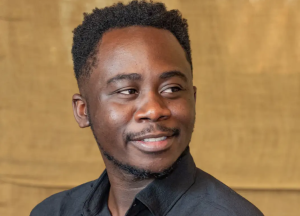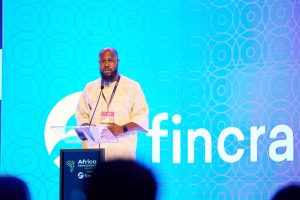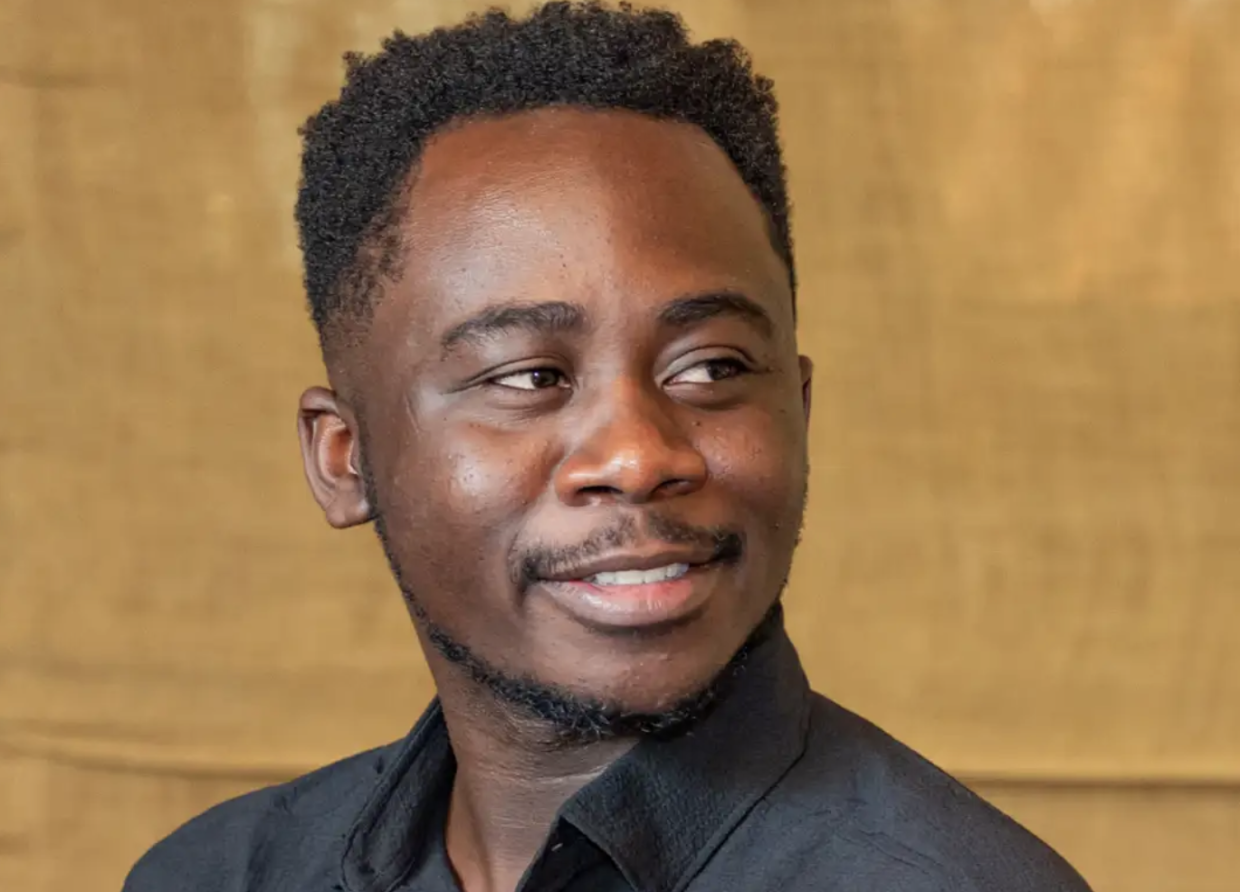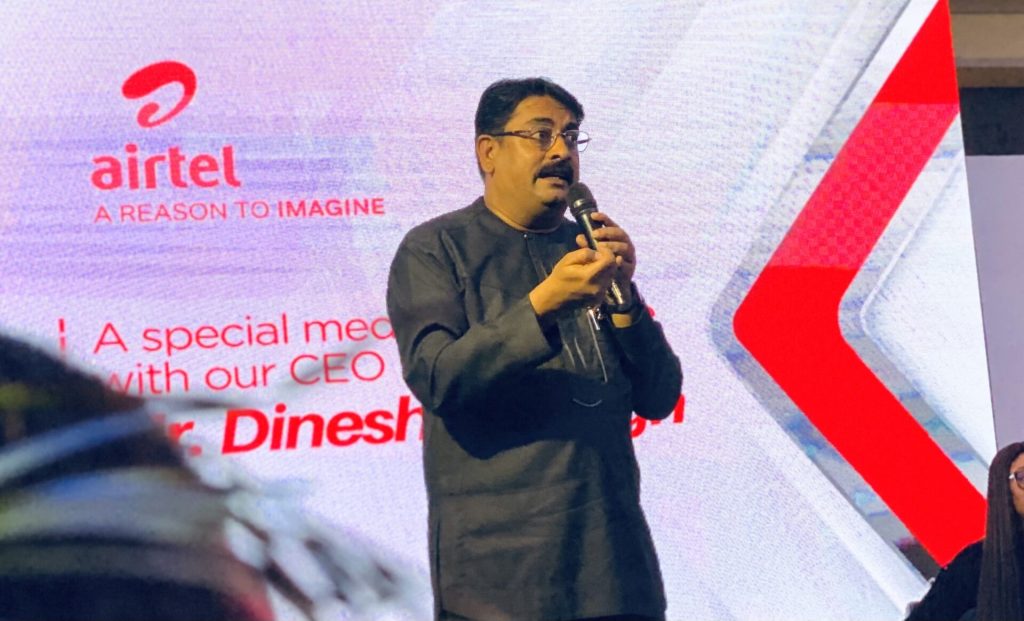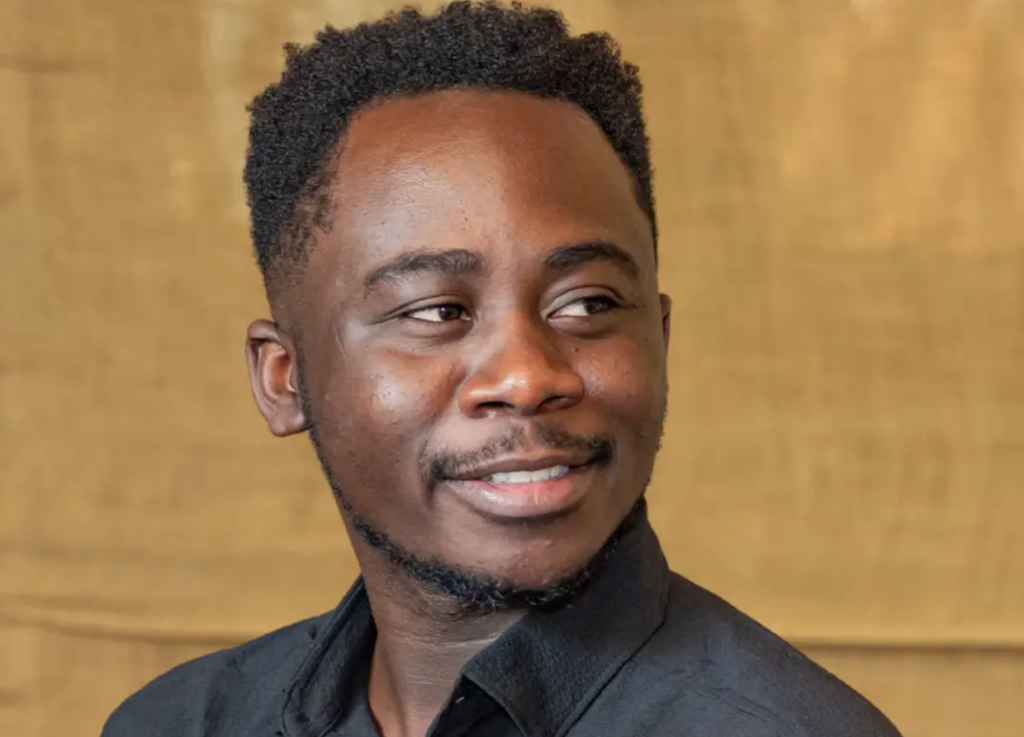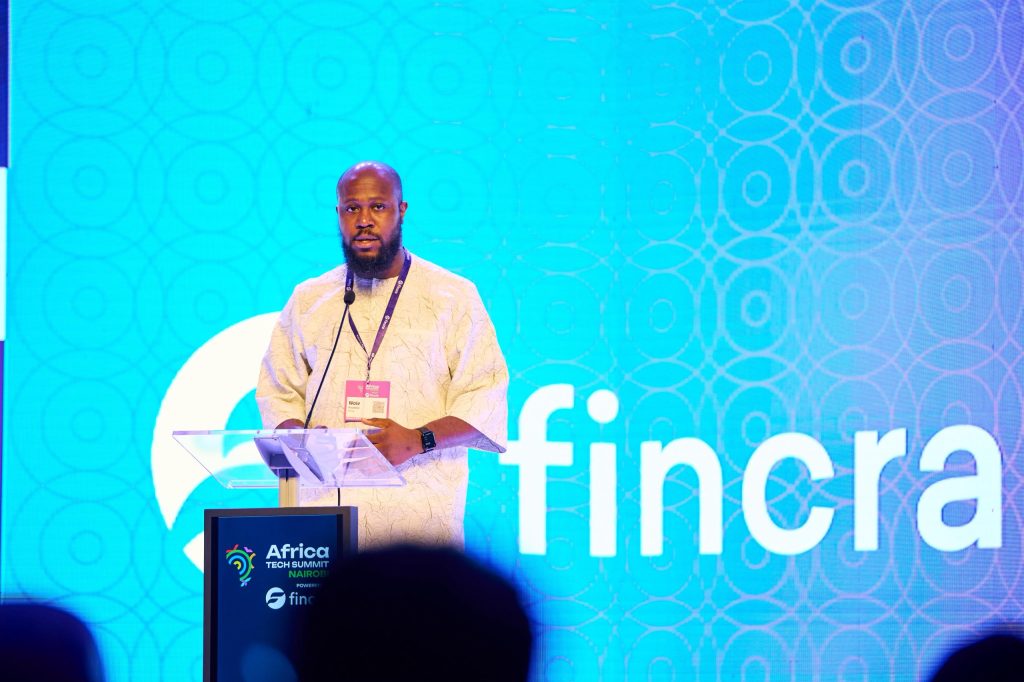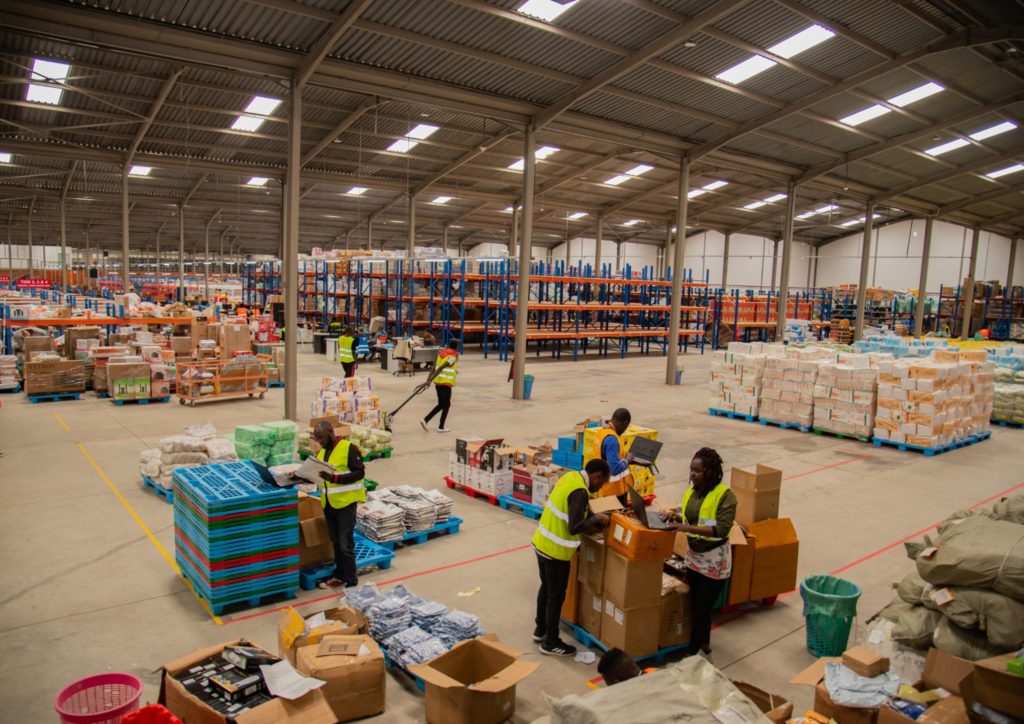In July last year, Eunice Omojola, a 20-year-old student at the University of Lagos, founded TechInEdu, an initiative that teaches practical computer skills in schools in marginalised communities. She hopes to help as many public school students to have practical ICT knowledge which she didn’t get when she was in their shoes.
About 89% of young people in sub-Saharan Africa have no access to household computers. Public primary and secondary schools like the ones Omojola attended had no or inadequate computer labs. This forces teachers to limit ICT studies to steps and diagrams scribbled on dusty chalkboards.
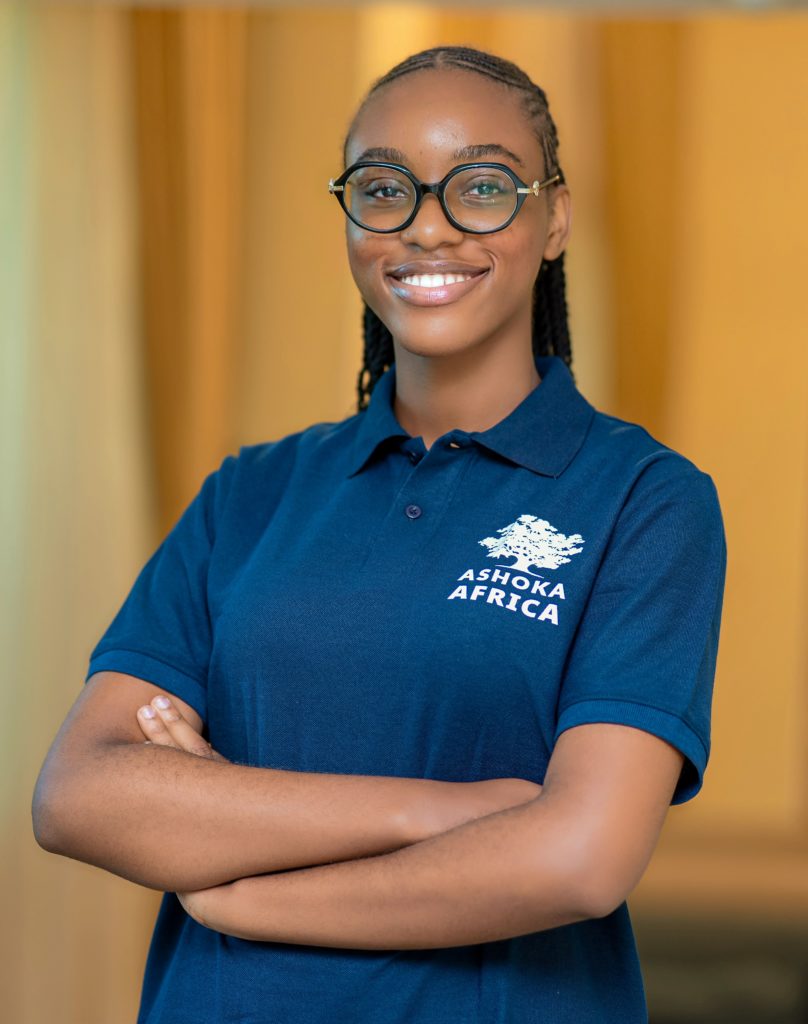
After she got admission into the university, Omojola joined a hub in Lagos where she met tech enthusiasts and quickly gained computer literacy. “The knowledge I got there was so profound. I wanted to take it back to public schools like mine where they do not have the amenities or resources to teach it,” Omojola told TechCabal on a call. Now, she is doing exactly that through TechinEdu.
Omojola is one of several young people in the Ashoka Young Changemakers (AYC) community. AYC is a global network of people younger than 21 who lead a team of their peers to solve problems around them. AYC offers them tools, training, a supportive network and resources to scale their impact.
Another such changemaker is Naomi Bamgbose, an 18-year-old who founded Girls Techie during her secondary school education. Much like Omojola, Bamgbose is solving a problem of exclusion from tech, but one based on gender.
For her, it all started during the pandemic, a time when the internet made the world feel small and connected. That virtual shrinking of the world into a global village made her realise how big the gender gap is.
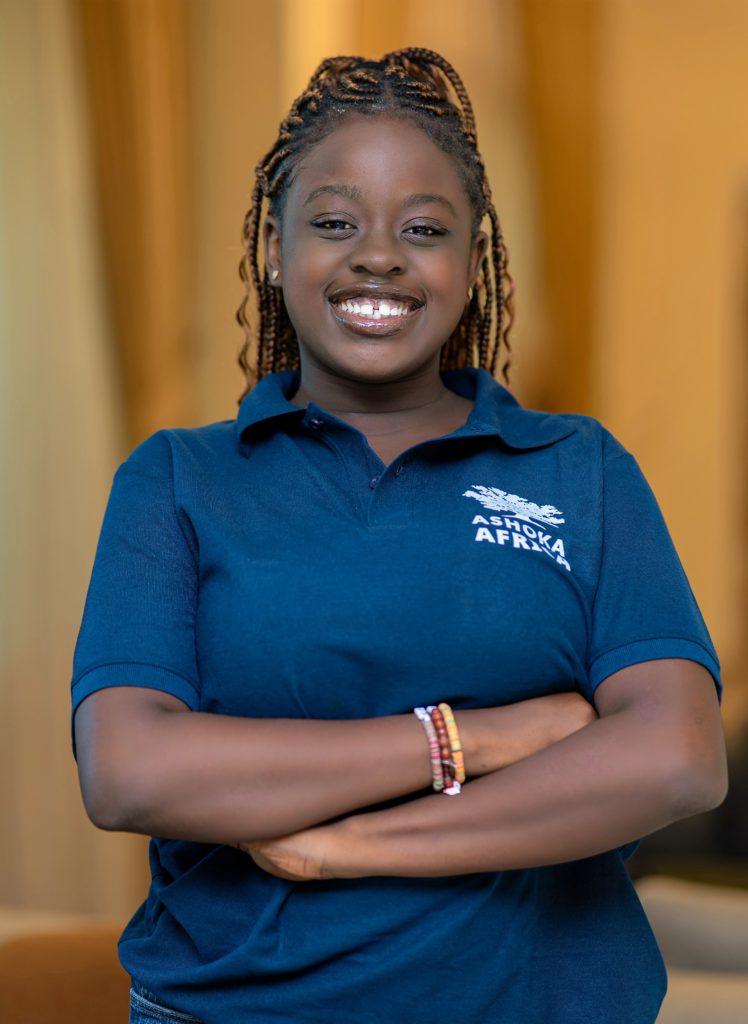
“I was 15 at the time, participating in hackathons which grew popular during the pandemic,” Bamgbose said. She would reach out to online communities, inviting people to join her team and build apps or solve coding problems for a few hours. ”But one time when we had to form an all-girl team of 3-5 people, I and my friend (who is now my cofounder) could not find girls to join us.”
Bamgbose, who was a front-end developer at the time and co-founder, a back-end developer, had to drop out of the hackathon as they could not find female product (UI/UX) designers. This experience has stayed with her.
After some research, they found out the age-old fact about why there are limited girls in STEM. “We found out that a big reason that girls viewed themselves differently than boys. They feel that tech is for boys and that they were not smart enough to be good at it.”
Her response was to create an organisation, Girl Techies to help girls change that perception of themselves and surmount the challenges of getting into tech: lack of mentorship, access to supportive communities and opportunities, and access to training. So far, they have hundreds of members across Africa. Bamgbose hopes to grow it to 5,000 communities soon and she thinks she will with the support of the Ashoka Young Changemakers community.
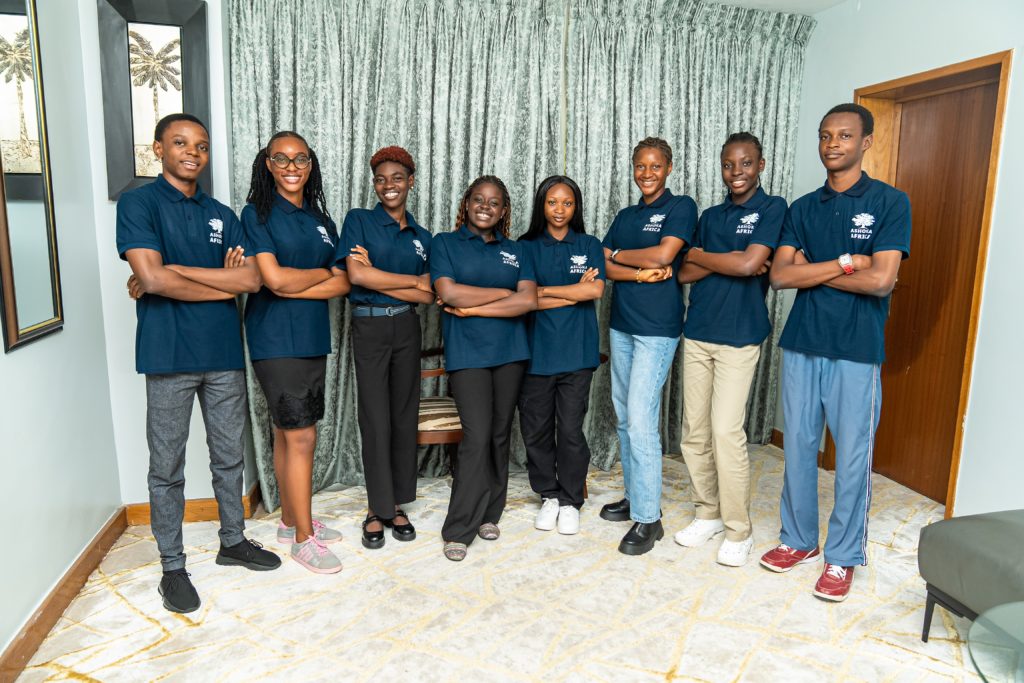
Joining Omojola and Bamgbose in the 2024 Nigerian AYC cohort are seven other determined young individuals running impactful initiatives: Favour Effiom (19), founder of We Are Reality Foundation; Precious Damian (17), founder of The Rabah Initiative; Flourish Alonge (17), founder of Global Insight, a mental health initiative; Ashraf Maisikeli (18), founder of Inspire Change Foundation; Peter Adebowale (19), founder of ESD For Communities; Dawn Cobham (17), founder of Go Learners; and Saviour Iwezue (19), founder of Team Illuminate.









